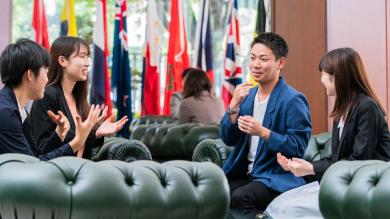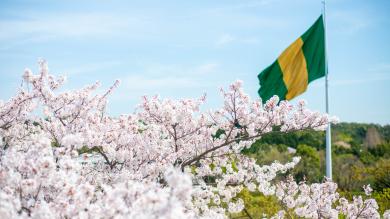Locating Lives: The Inaugural Conference for the IABA Asia-Pacific Chapter 1-4 December 2015
Megumi Kato, Meisei University, Tokyo
Paper Title:
Testimony of War: Memoirs and Fiction of the Pacific War
Abstract:
War writings on the Pacific War, especially memoirs by those who were actually involved as soldiers or prisoners of war, occupy a certain place in Australian literature. They have contributed to the creation of national stories and myths, thus giving Australians the collective memories of war as if they were their own experience. War-memoir authors like Weary Dunlop and Ray Parkin are among ‘authentic’ memoirists; while such authors as Stan Arneil, Geoffrey Bingham, Russell Braddon, A.G. Hungerford and Eric Lambert used their first-hand experiences to write fiction, thus giving a more realistic atmosphere to their works. These works seem to have become ‘sacred and untouchable’, eluding scrutiny and criticism and have gained a special place in Australian literary history.
In the last couple of years, as if to mark the 70th year from the end of the war, such novels as Richard Flanagan’s The Narrow Road to the Deep North (2013), Cory Taylor’s My Beautiful Enemy (2013) and Christine Piper’s After Darkness (2014) were published in quick succession. These novels deal with the Pacific War and its aftermath, as well as relations between Japan and Australia. The novels not only look at the theatre of war, but also at Japanese internment camps or the POW vivisection laboratory in Tokyo. These authors of the post-war generation are able to provide different, updated perspectives and reflections of the Pacific War.
But how are these fictitious novels different from old memoirs after all these years? Do they present more balanced views and understanding on war and its effect on the people of both sides? How do they treat the Japanese ‘other’ compared with the old memoirs in which the Japanese were portrayed as a direct enemy? Are there any ‘ethics’ in describing the nature of war in writings?
This paper will examine the first-hand memoirs of post-war years and compare them with recent novels. By looking at their portrayal of the ‘enemy Japanese’, this paper tries to understand the ways the authors attempt to justify the nature of war and at the same time be fair and balanced in looking at war from the perspective of their own time and context.
Brief bio of Megumi KATO
Megumi is a professor at Meisei University in Tokyo where she teaches English and cultural studies. Her publications include Narrating the Other: Australian Literary Perceptions of Japan (Monash University, Press, 2008). Its Japanese version was published in Tokyo in 2013.

 過去問題
過去問題
 イベント
イベント
 入試情報
入試情報
 ネット出願
ネット出願



